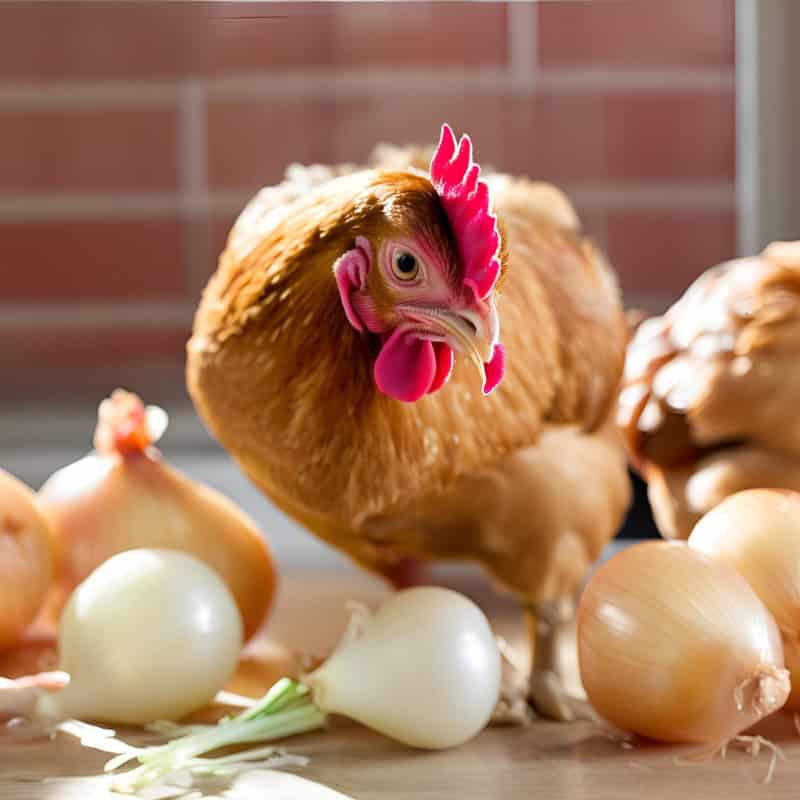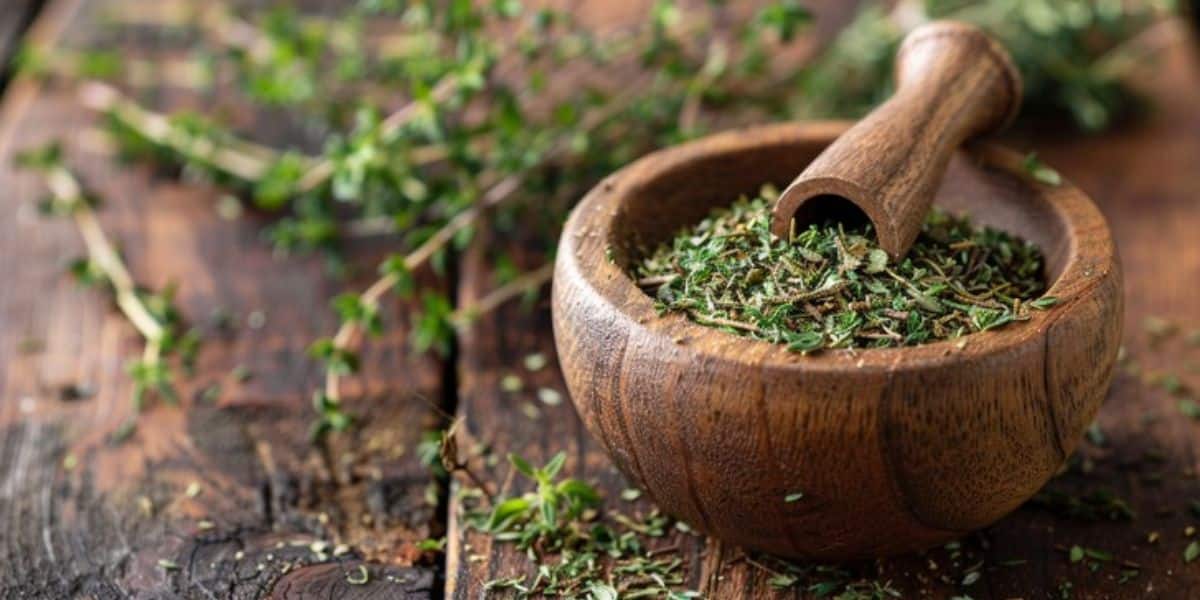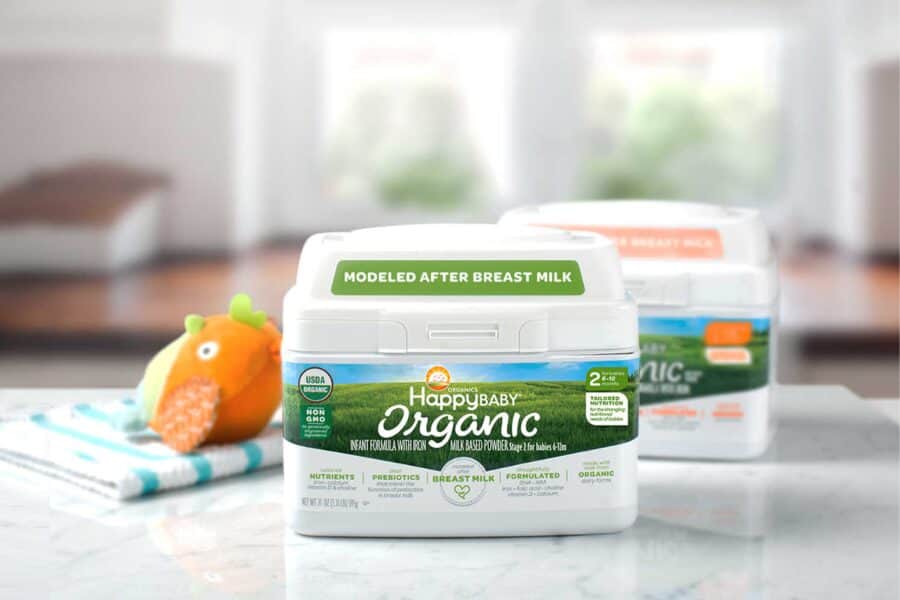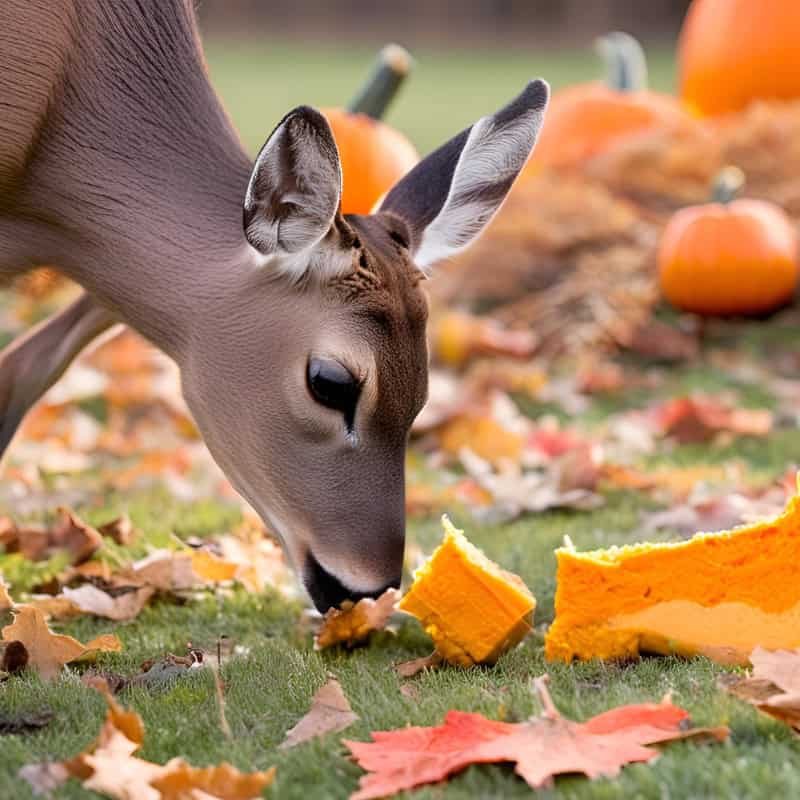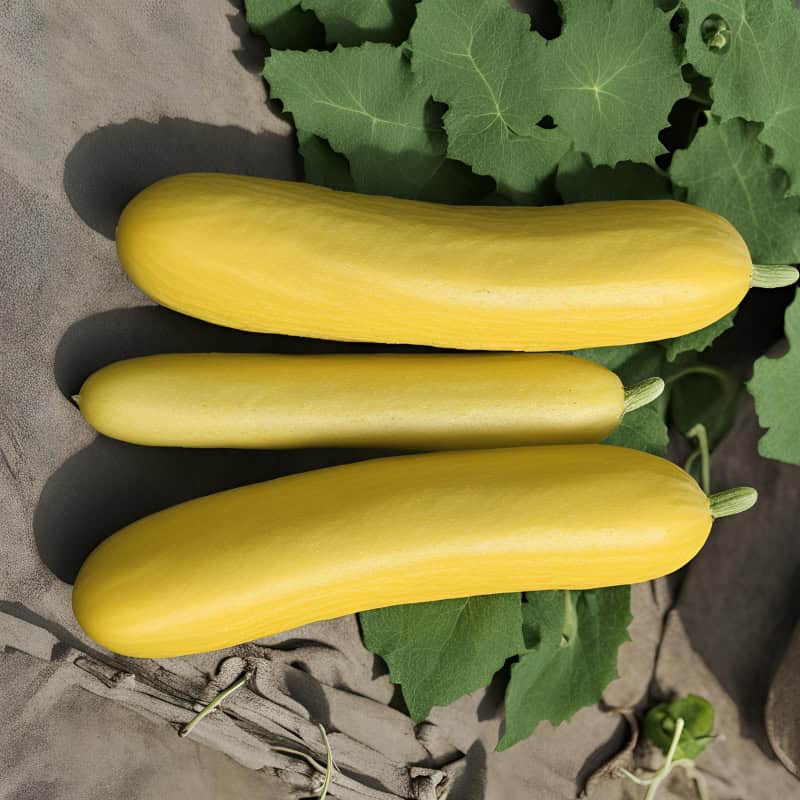Backyard chicken-keeping is a fantastic idea, if you have the means for it. From fetching fresh eggs every week to providing a safe atmosphere to chickens, it is one of the best steps that you can take in your journey towards sustainable living and reducing waste. However, with great eggs comes great responsibilities, and plenty of questions. For example: Can chickens eat eggs? Whether chickens can eat raw onions?
Chicken owners love finding new ways to use kitchen scraps, especially to feed their chicks. The leftover onions after cooking meals are often added to the chicken’s feed. And it’s common to wonder if chickens can eat onions at all, and whether onions are safe for chicken consumption or not.
This article is going to answer questions such as: “Can chickens eat onions?” and what are the risks of feeding onions to chickens, and find out if onions are a healthy treat for your beloved chicken?
Let’s fuel you up with all the information you need about chickens and onions.
Can Chickens Eat Onions?

The short answer is no; chickens can’t eat onions. However, some chicken owners like to feed onions to their flock in moderation. If you decide to give onions to chickens, it’s important to note that onions should not make up a significant portion of a chicken’s diet.
While onions can provide some beneficial nutrients, they also contain compounds that can be harmful to chickens if consumed in excess.
So, if you are asking whether I can give onions to my chicken, that completely depends on you. But, before you hop on to provide them with some, let’s understand why chickens can’t eat onions regularly.
Are Onions Safe for Chickens?
See, a chicken’s digestive system is different from that of humans. Meaning that food that is good for humans can be bad for chickens. The same is true in the case of giving onions to chickens. Onions, once ingested in moderately high quantities by the chickens, can cause the release of certain toxins that can be harmful to them.
The Toxicity of Onions for Chickens
Onions belong to the Allium family, which includes garlic, leeks, and chives. While onions can be a tasty addition to our meals, they are not safe for chickens. Onions contain compounds like thiosulfate, which can be toxic to chickens when consumed in large amounts.
Coming up next, we’ll discuss the symptoms of onion toxicity in chickens and what to look out for if your chickens accidentally eat onions.
Also Read: Can Chickens Eat Oranges?
Symptoms of Onion Toxicity in Chickens

Chickens can’t eat onions. It’s crucial to be aware of the potential risks associated with feeding them. Some of the potential side effects of excessive onion consumption include:
Diarrhea: Onion is harmful to chickens, and excessive onion intake can irritate a chicken’s digestive system, leading to frequent and watery stools, which can result in dehydration if not managed promptly.
Lethargy: Feeding onions to chickens comes with a risk. High amounts of onions can cause chickens to become unusually tired and inactive, reflecting a general lack of energy and enthusiasm for their usual activities.
Respiratory Distress: Onions can affect a chicken’s respiratory system, causing difficulty in breathing, wheezing, or gasping, which can be distressing and may require veterinary attention.
Weakness: Overconsumption of onions can lead to muscle weakness, making it difficult for chickens to stand, walk, or perform normal functions, potentially compromising their overall health.
Pale Combs and Wattles: The toxins in onions can cause a reduction in red blood cells, leading to anemia, which is often visible through paler-than-usual combs and wattles, indicating poor blood circulation and oxygenation.
If you notice any of these symptoms after your chickens have eaten onions, discontinue the onions immediately and consult with a veterinarian or experienced chicken keeper for further guidance.
Some chicken owners think about whether chickens can eat raw onions, while others think about whether they can eat fried onions. Fried or raw, let’s closely look at the effects of onions on the health of chickens to better decide whether onions are safe for chickens or not.
Why Are Onions Bad for Chickens?
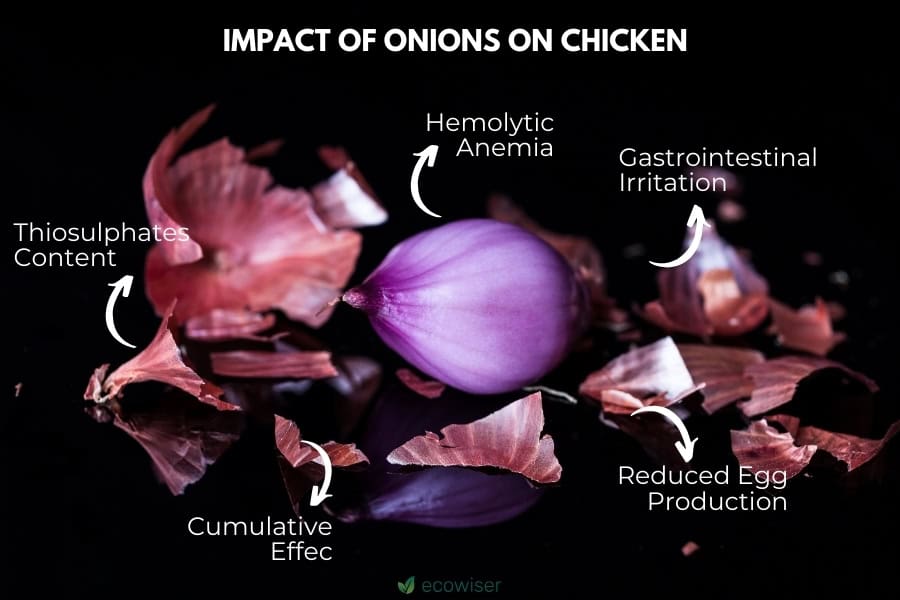
Let’s understand why onions are harmful to chickens and the potential long-term effects of giving onion scarps to chickens regularly.
Impact on Chicken Health
While onions can provide some beneficial nutrients, they also contain compounds that can be harmful to chickens if consumed in excess. The main compound of concern is N-propyl disulfide, which is harmful to chickens and can cause oxidative damage to red blood cells, leading to a condition called Heinz body anemia.
Heinz body anemia can cause weakness and legarthy in chickens. In severe cases, it can lead to organ damage and even death. The severity of the effects can depend on factors such as the amount of onions consumed, the chicken’s age and overall health, and whether the onions were cooked or raw.
Understanding the immediate impact is essential, but we also need to consider the long-term effects. In the next section, we’ll look at the consequences of continuous onion consumption for chickens.
Long-Term Effects of Onion Consumption
Continuous consumption of onions can weaken your chickens over time, making them more susceptible to other diseases and infections. It’s best to avoid feeding onions to your chickens altogether to ensure they remain healthy and productive.
Now that we know the answer to can chickens eat onions, let’s find out what food is good for chickens. So, you can add some safe and healthy alternative treats of fruits and vegetables to feed your chickens.
Safe Onion Alternatives for Chickens

Chickens are omnivores and can eat a variety of foods. It is essential to provide a balanced and nutrient-rich diet for chickens, including protein, carbohydrates, fat, vitamins, and minerals. here’s what chicks eat:
- Seeds and grains
- Fruits and vegetables
- Insects and worms
- Small animals like frogs, mice, and snakes
- Kitchen scraps and table scraps (in moderation)
- Commercial chicken feed (which should be their main source of nutrition)
However, not all fruits, vegetables, and kitchen scraps are good for chickens. So, what can chickens eat among these food groups? Let’s see it.
Healthy Vegetables for Chickens

While onions are a no-go, there are plenty of other vegetables that are safe and beneficial for your chickens. Here are some great options:
- Carrots: Rich in beta-carotene and great for egg production.
- Spinach: High in vitamins and minerals.
- Pumpkin: Excellent for gut health and parasite prevention.
- Cucumber: Hydrating and low in calories.
Vegetables are great, but chickens also love fruits and other treats. Up next, we’ll cover some delicious and safe options your chickens will enjoy.
Also Read: Can Chickens Eat Banana Peels? A Sustainable Approach to Feeding Your Backyard Flock
Fruits and Other Treats
Some fruits are a no-go for chickens. For example, avoid feeding them foods that are toxic or can cause harm, such as avocado pits and peels, chocolate, uncooked potatoes, and moldy, or rotten food. Here are a variety of fruits that can chickens can enjoy:
- Banana: without peels
- Apples and Oranges: Remove seeds, as they contain cyanide.
- Berries and Grapes: Blueberries, strawberries, and raspberries are all good choices.
- Melon: Watermelon and cantaloupe are hydrating and sweet.
Check out our guides on whether chickens eat bananas, oranges, and blueberries to understand more about their benefits, portion size, and frequency of feeding to your chickens.
Alright, introducing new foods is exciting, but it must be done correctly. Next, we’ll discuss how to introduce new foods to your chickens safely and effectively.
How to Introduce New Foods to Chickens

You can gradually introduce new fruits, vegetables, grains, or feed-in to a chicken diet. However, it must be kept in mind that introducing new foods to chickens is an art of patience. So, get ready to be calm while trying out new food with your flock, so they don’t chicken out!
When introducing new foods to your chickens, do so one thing at a time. Start with small amounts to see how they react and to avoid digestive issues. Here’s a sample feeding schedule to guide you:
Sample Chicken Feeding Schedule:
This sample feeding schedule could be helpful for the chicken-keepers to introduce new foods on certain days of the week:
| Day | Food Introduced | Quantity |
| Monday | Carrots | Small handful |
| Wednesday | Spinach | Small handful |
| Friday | Pumpkin/Banana peels | Small slices |
| Sunday | Apple/other fruits | Few slices |
Tip: Always monitor your chickens after introducing a new food to ensure they do not have any adverse reactions.
Focus on Balanced Diet
Remember, treats should only make up a small portion of your chickens’ diet. The majority of their nutrition should come from a balanced commercial feed designed for chickens. This ensures they get all the necessary vitamins and minerals for optimal health.
Next, let’s hear from some experts on the best practices for feeding chickens.
Expert Opinions: Can Chickens Eat Onions Safely?

We also reached out to veterinarians. Out of the 14 vets we reached out, seven responded with negative response. They all advises against feeding chickens foods from the Allium family, such as onions and garlic, due to harmful compounds that can cause health issues like diarrhea, lethargy, and respiratory distress.
However, according to the NIH, chickens can eat onion extracts, and addition to those can aid their feather health and movement. Chickens should receive a balanced diet rich in safe vegetables, fruits, grains, and proteins. Moderation is essential, even with safe treats like grapes and pineapples, to maintain a healthy diet and avoid digestive problems.
So, there you go! We’ve covered a lot of ground about what chickens can and cannot eat. Let’s wrap it up with a quick summary of the key points.
No Onions for Chickens, Sorry!
So, can chickens eat onions? The answer is no. Onions can be toxic to chickens and lead to serious health issues. Instead, opt for safe and healthy alternatives like carrots, spinach, and berries. Always introduce new foods gradually and maintain a balanced diet for your flock. By doing so, you’ll keep your chickens happy, healthy, and productive.
Remember, a healthy chicken is a happy chicken! Have you had any experiences with feeding your chickens onions or other foods? Share your stories in the comments below.
Frequently Asked Questions
1. Can chickens eat onions?
No. Chickens are not a great food option for chickens. Onions are toxic for chickens, and feeding even a tiny bit of onions to chickens can cause digestive problems and even lead to health issues like hemolytic anemia, which can be serious.
2. Are there any risks associated with feeding onions to chickens?
Yes, there are several grave risks of feeding onions or onion scraps to chickens. Onions contain compounds that can damage a chicken’s red blood cells, leading to anemia. The impact can be brutal for chickens, as they might get weak, tired, and have problems with their combs and wattles.
3. Can onions affect the taste of chicken eggs?
Yes. Onions are toxic to chickens. If you feed your chickens too many onions, their eggs might taste and smell like onions. This is because onions contain compounds that can be passed on to the eggs. However, if you feed your chickens a small amount of onions, the eggs should not be affected.
4. Are there any fruits that chickens can’t eat?
Yes. Not all fruits are safe for chickens. Avocados and green potatoes are toxic to chickens. It’s best to avoid feeding them these fruits to ensure their health and well-being.
6. Can chickens eat bananas?
No, chickens do not typically eat bananas, but they can eat banana peels. Chickens are omnivores and prefer to eat grains, seeds, and insects. Bananas peels can be a part of their diet and may be easily digestible for them.
